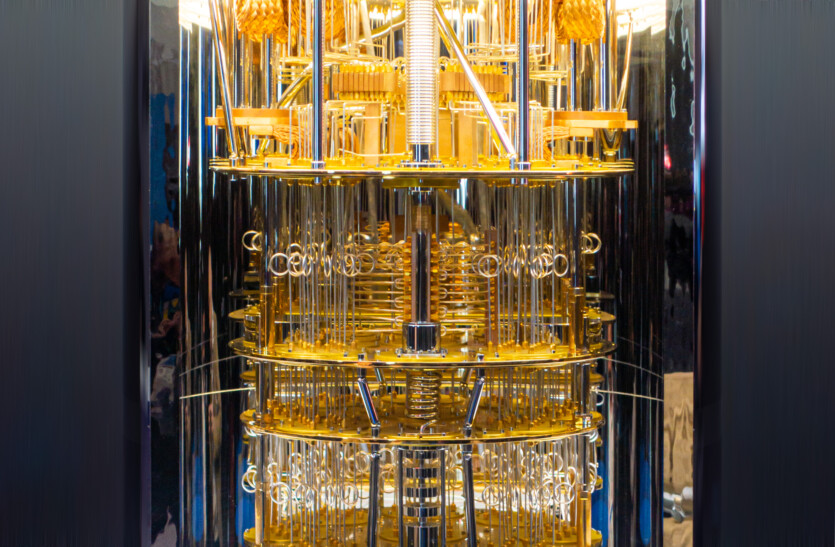
Dutch and Chinese physicists have developed a test to see, if the large quantum system corresponds to the principles of quantum mechanics, or only imitates them.
The basis of what, they called a “quantum lie detector”, is based on the following Bell’s test, which allows to determine whether a system, for example, a quantum computer, really uses quantum effects or only imitates them.
As quantum technologies develop, the need for more precise methods confirmation of true quantum behavior. Researchers have studied Bell correlations in systems containing up to 73 qubits.
The research team included theoretical physicists Jordi Tura, Patrick Emmons, and Mengyao Hu from Leiden University, as well as collaborators from Tsinghua University in Beijing and experimental physicists from Zhejiang University in Hangzhou. Instead of trying to directly measure the complex Bell correlations, they focused on a task that quantum devices are already successfully coping with: minimizing energy.
Their approach proved to be successful. Using 73 cubic meters of on a superconducting quantum processor, the researchers managed to create a unique quantum state and register energy levels significantly lower, than those that any classical system can achieve. The results were surprisingly clear, with a difference of 48 standard deviations, which virtually eliminates the possibility of chance.

The researchers went on to certify a rarer and more complex type of nonlocality known as true multi-particle Bell correlations. In this type of quantum correlation, all available qubits in the system must be involved, which makes the system itself much more difficult to generate and verify. The researchers were able to prepare a number of low-energy states that passed this test down to 24 qubits, effectively confirming these special correlations.
The results demonstrated that quantum computers are beginning to better demonstrate true quantum behavior. This study proves that it is possible to confirm deep quantum behavior in large and complex systems — something that has not been done before on this scale. This is an important step toward making quantum computers truly quantum Understanding and controlling Bell correlations can improve quantum communication, make cryptography more secure, and help develop new quantum algorithms.
The results of the study were published in the journal Physical Review
Source: SciTechDaily

Spelling error report
The following text will be sent to our editors: